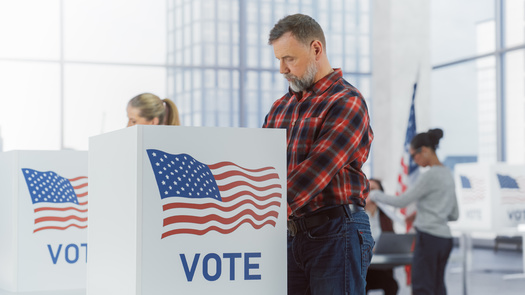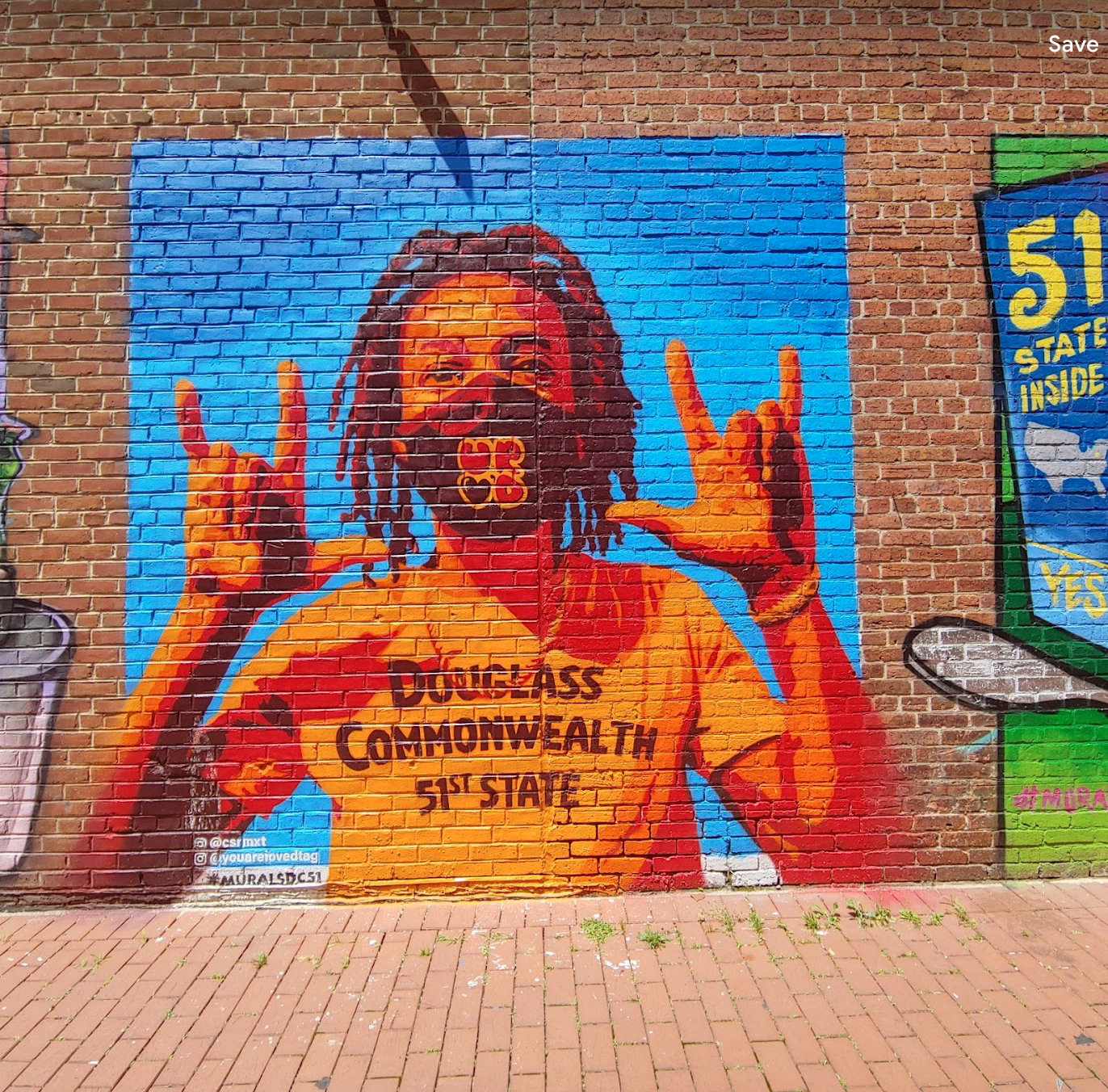
ISSUES
From racial justice to public safety and public health, advancing equal rights for the people of D.C. is urgent and essential. Learn more about the many issues that intersect with the fight for D.C. statehood.
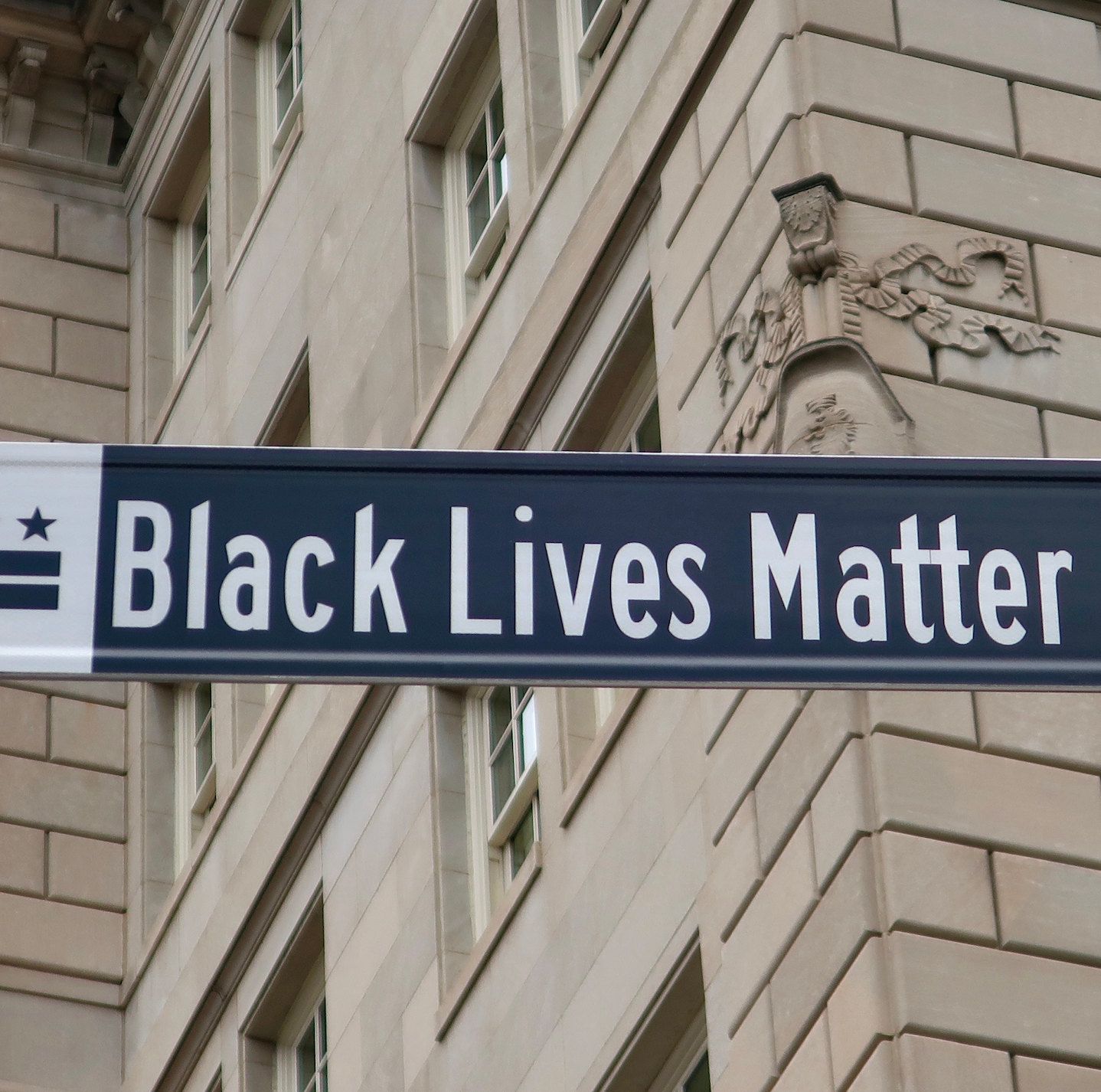
RACISM
Just as Black voters started to exercise their political power in D.C. after the Civil War, Congress replaced D.C.’s local government, blocking the heavily Black region from having full voting rights.
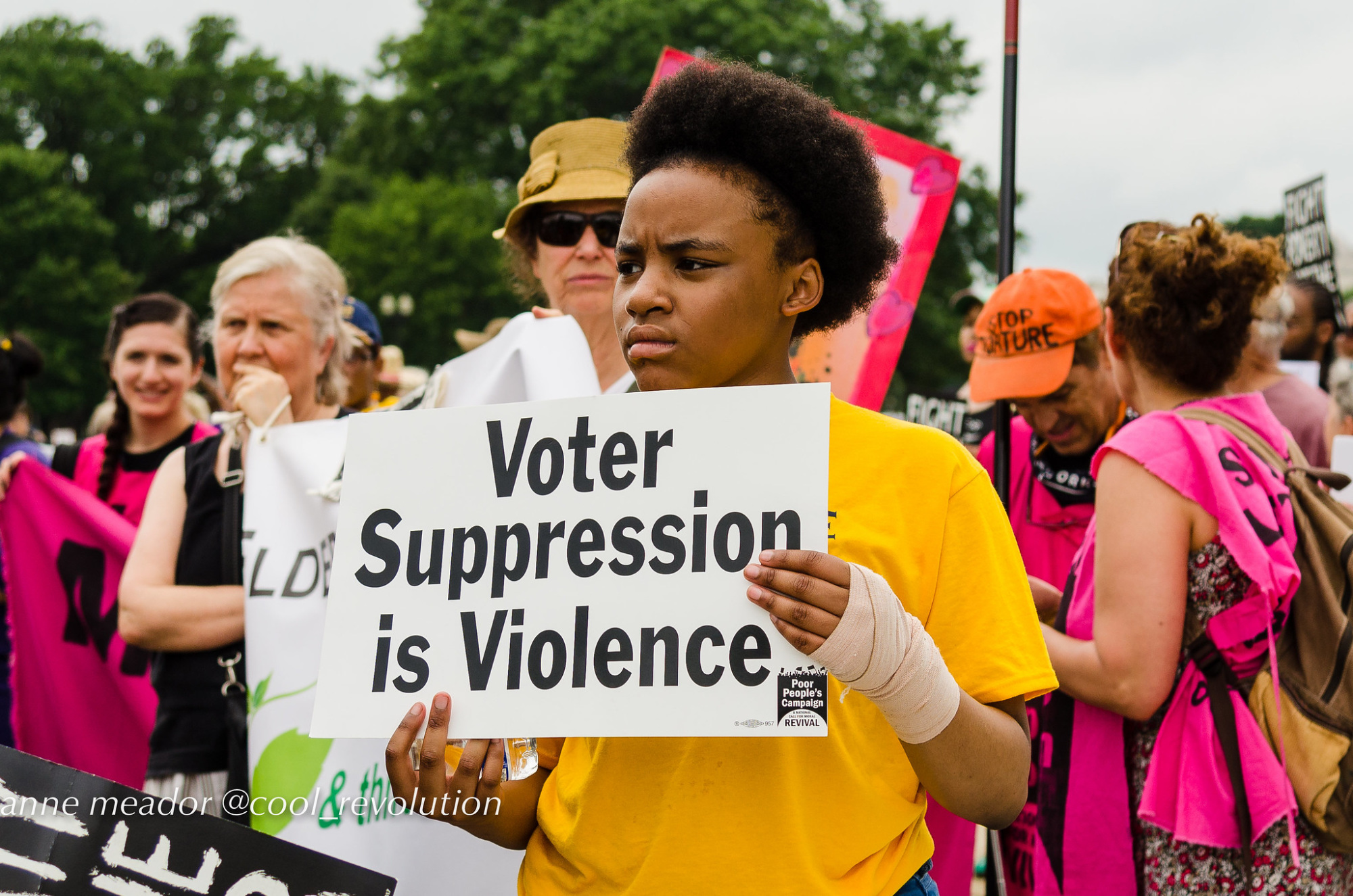
VOTER SUPPRESSION
The denial of full voting rights to the 700,000 residents of D.C., the majority of whom are Black and Brown, is an egregious example of ongoing voter suppression happening in our country today.
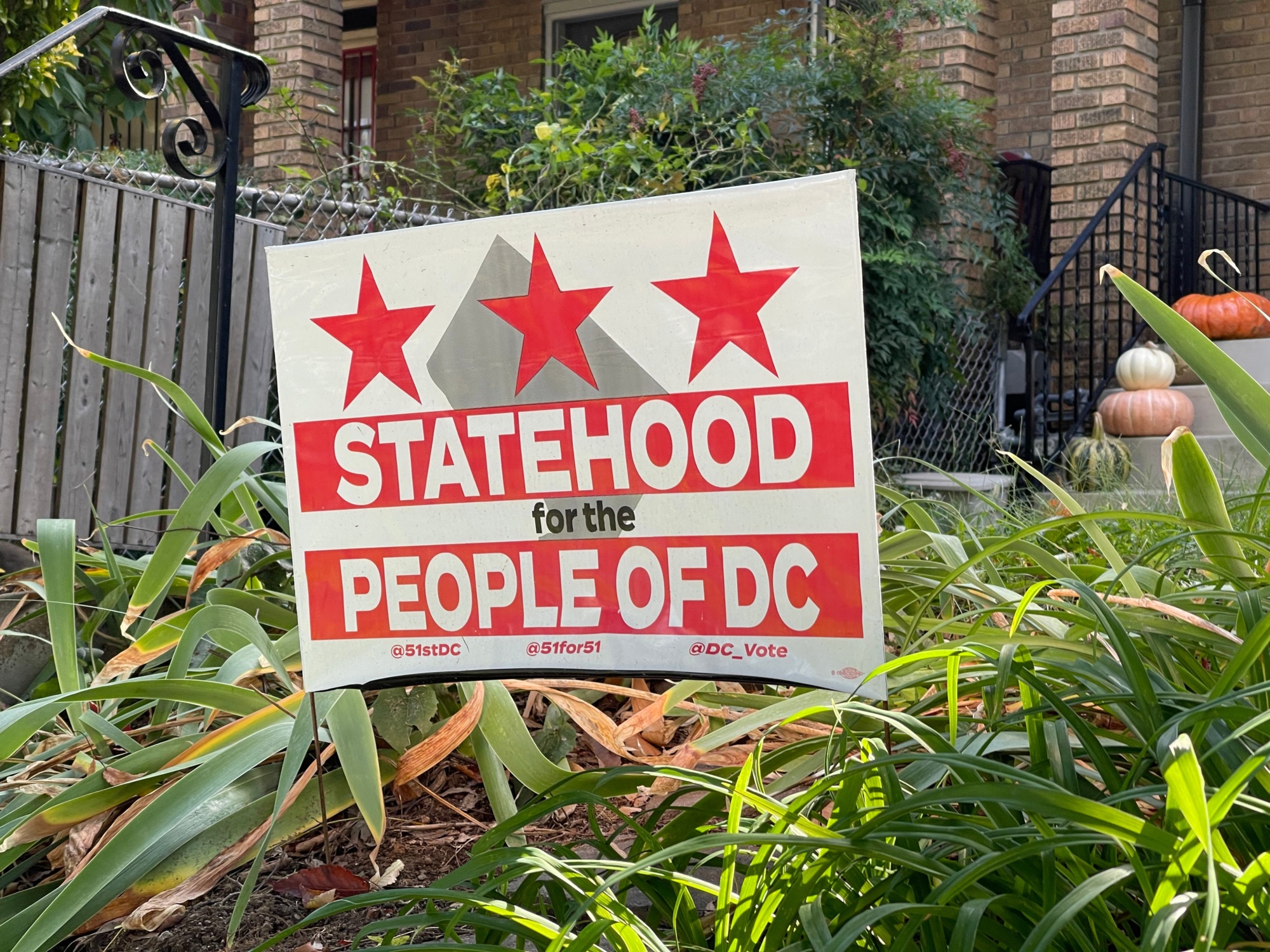
CONSTITUTIONALITY
D.C. statehood is constitutional and granting D.C. statehood does not require any new constitutional amendments.
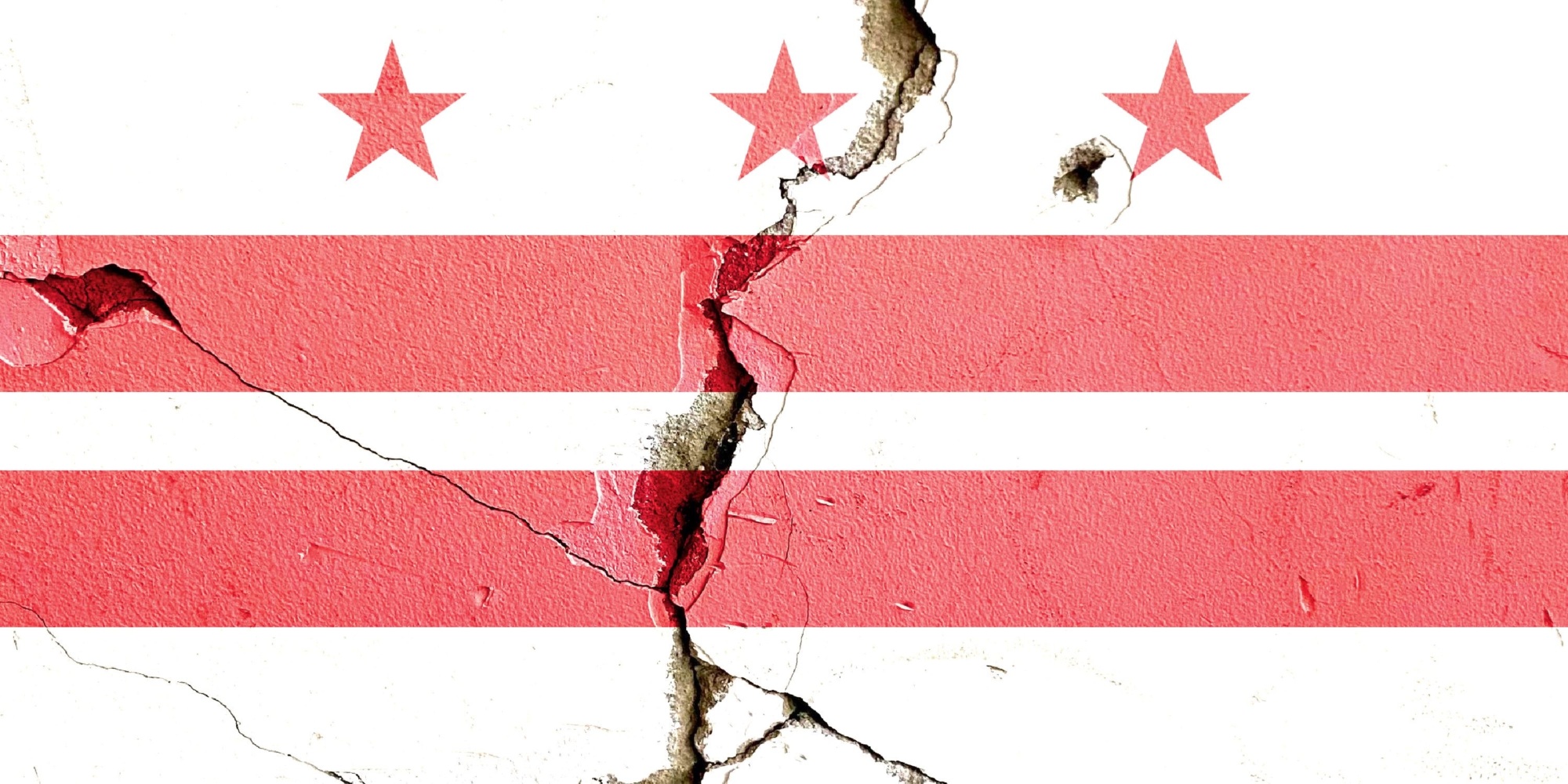
LOCAL RIGHTS
Because D.C. is not a state, Congress has been able to block D.C. residents from passing local laws to protect and expand rights for immigrants, LGBTQ, and reproductive rights.
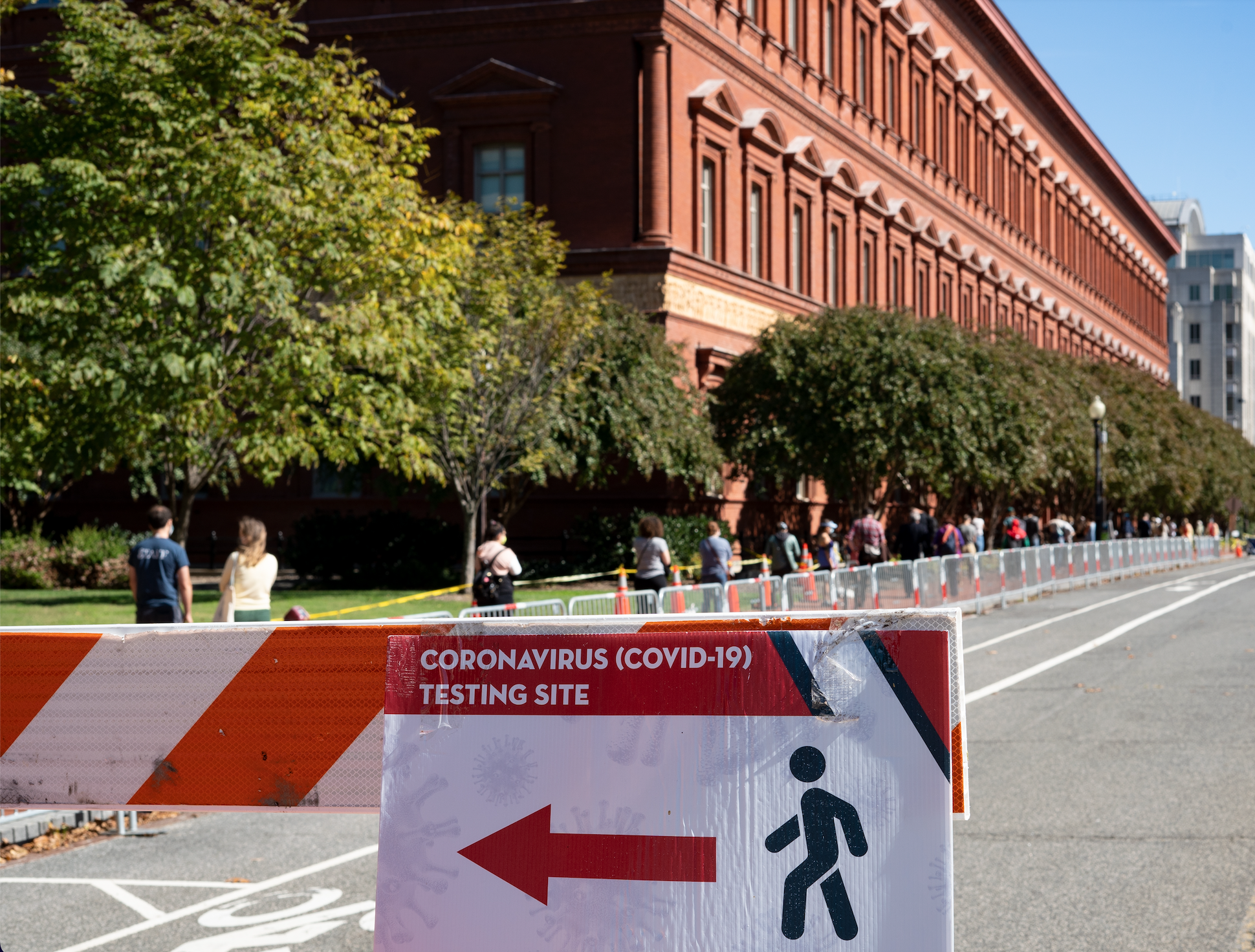
PUBLIC HEALTH
From COVID-19 Relief, HIV/AIDS, to abortion access, denying full voting rights to the people of D.C. has detrimental effects on local public health.
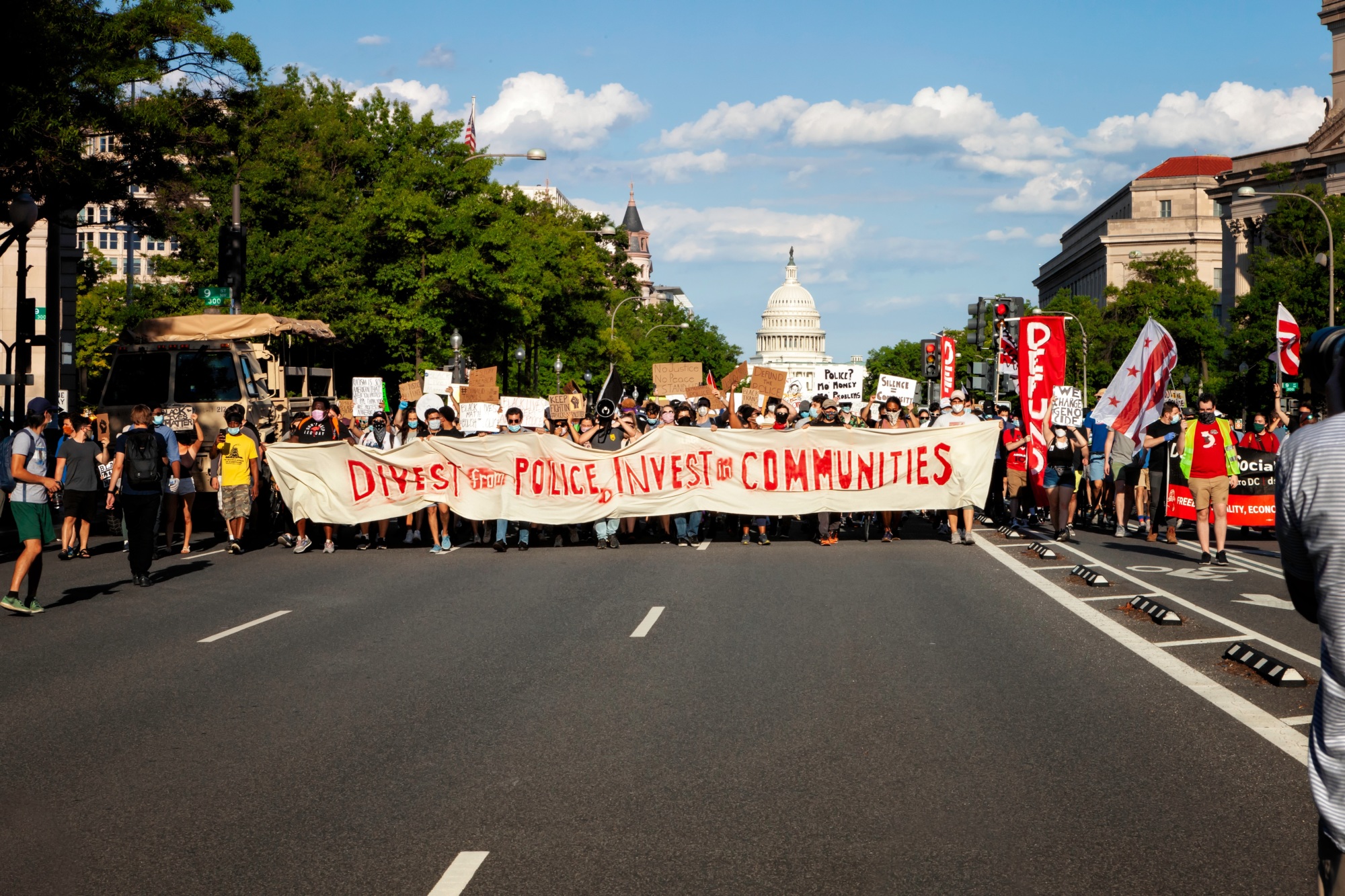
PUBLIC SAFETY
Lack of statehood means that D.C. does not have control over many aspects of its own criminal justice system and is unable to enact needed reforms.
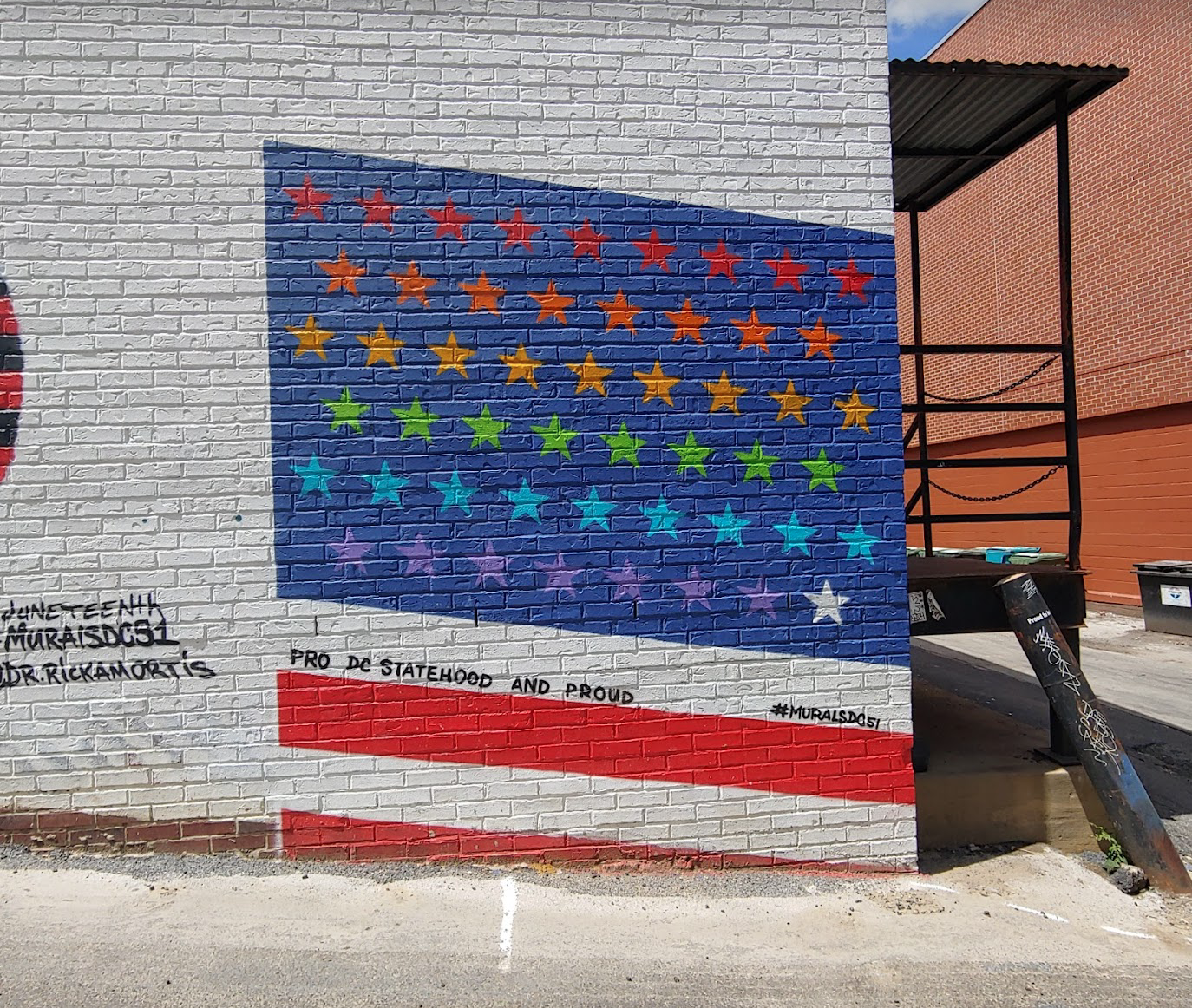
VETERANS
Among D.C.’s voting population today are more than 11,000 active-duty service members and more than 30,000 veterans, all of whom are being denied their full voting rights simply because they live in D.C.
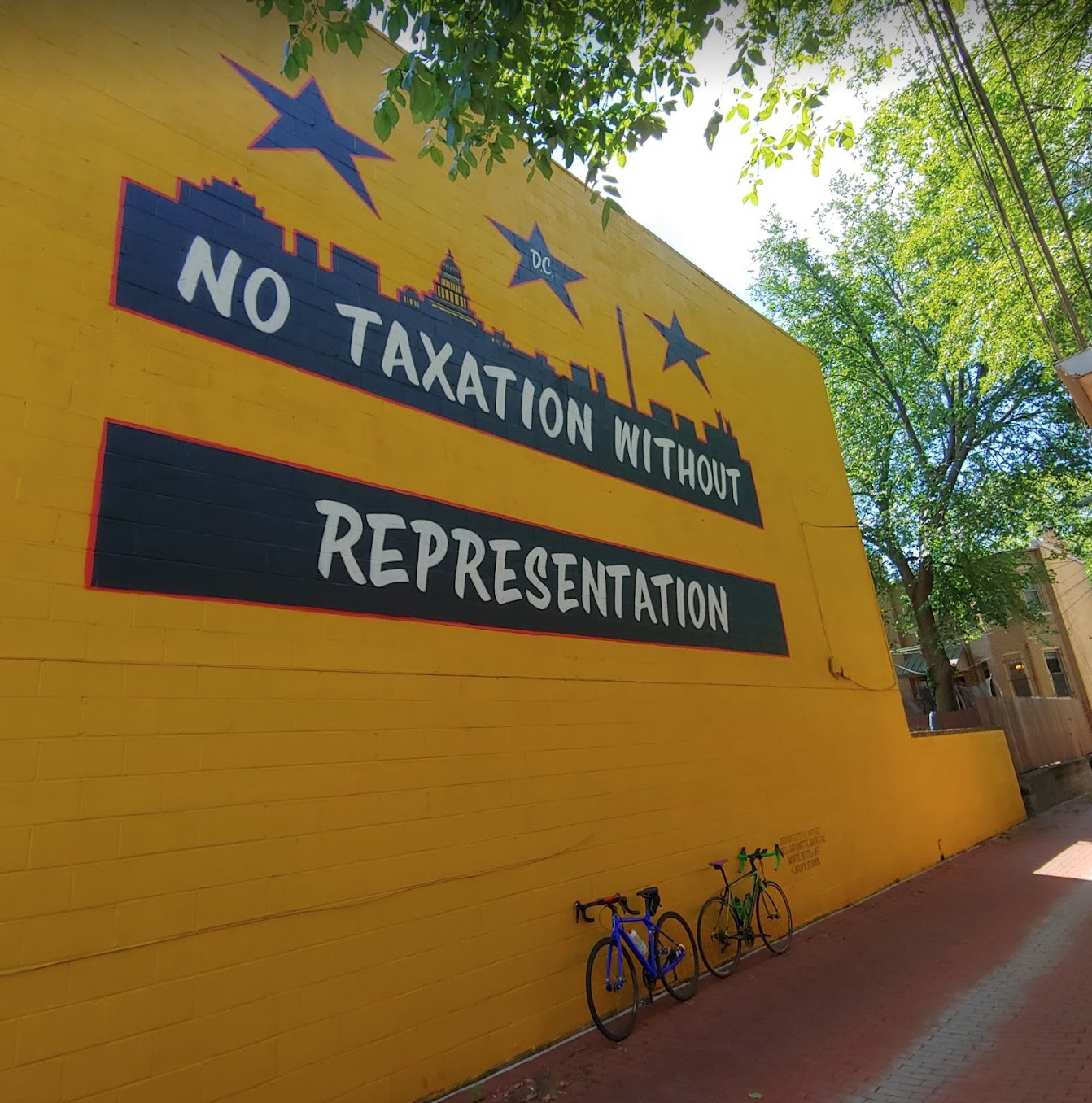
TAXES
D.C. residents pay their federal and local taxes just like everyone else, yet they are being denied their full voting rights.
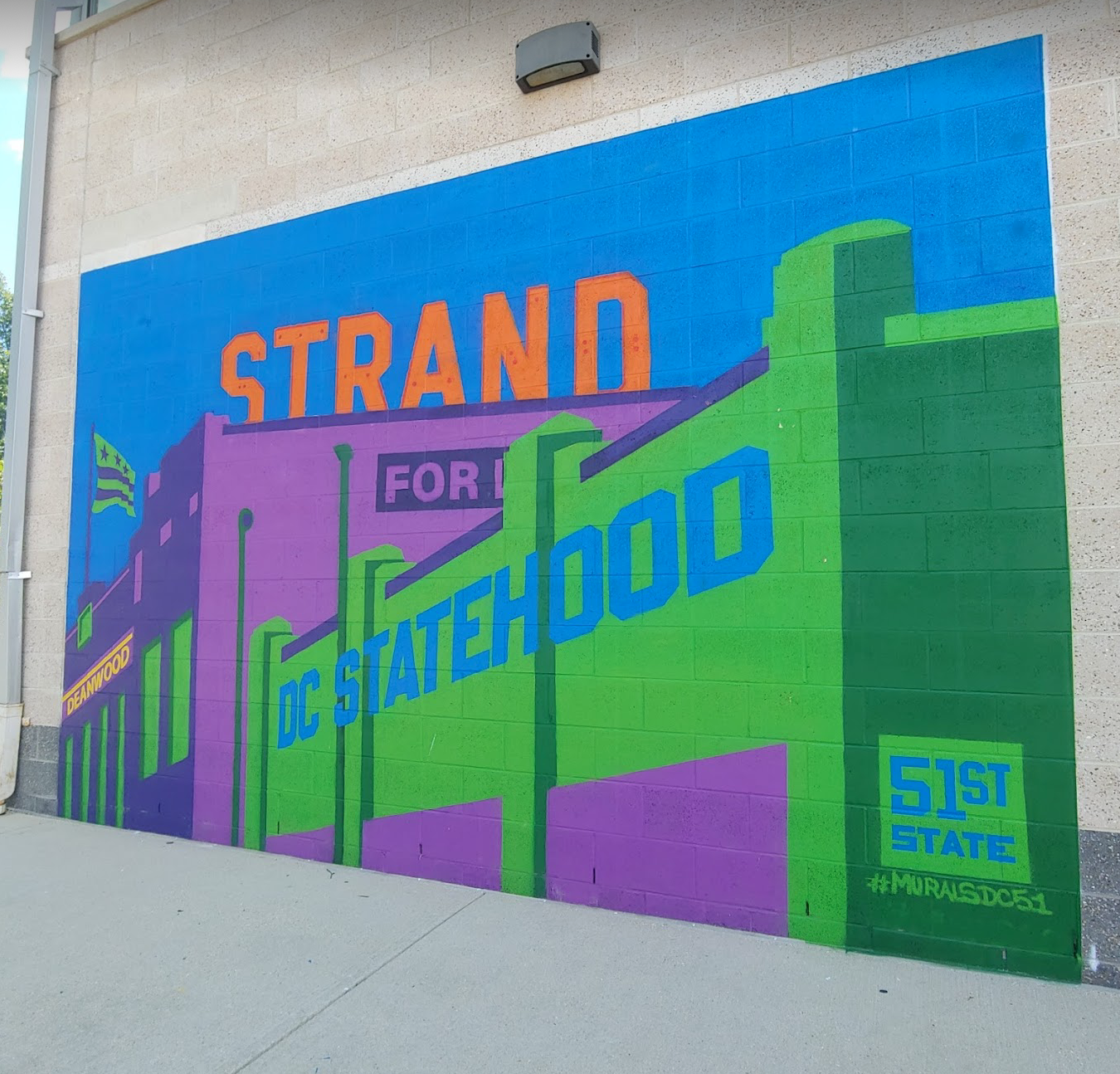
GOVERNANCE
Washington, D.C. already operates with the responsibilities of a state–without its residents enjoying the same equal rights.
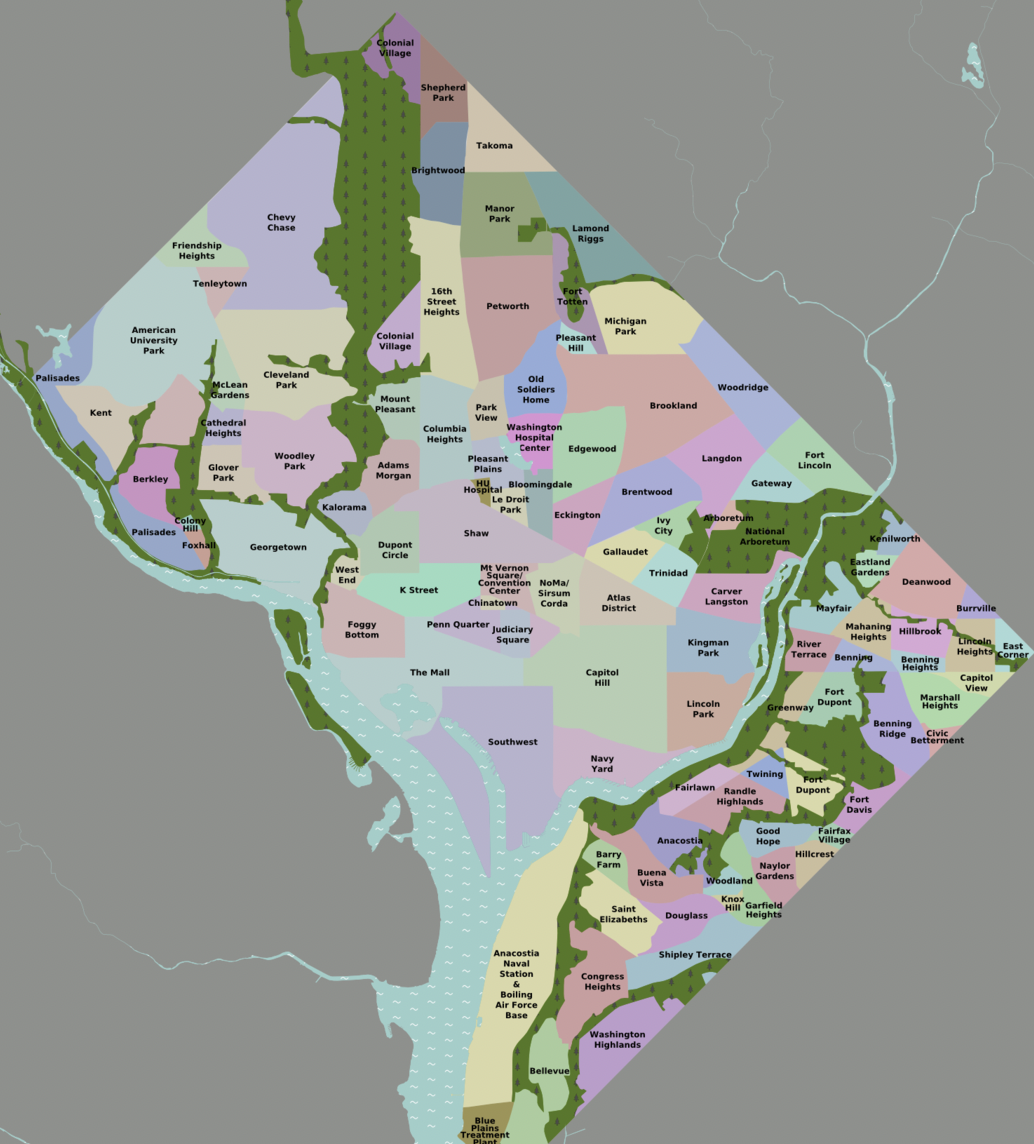
THE MYTH OF RETROCESSION
Opponents describe the idea that D.C. could become a part of Maryland as a "solution" for the lack of statehood rights for the people of D.C. This idea is not desirable to the people of D.C. or Maryland and only serves to stall the conversation on D.C. statehood.
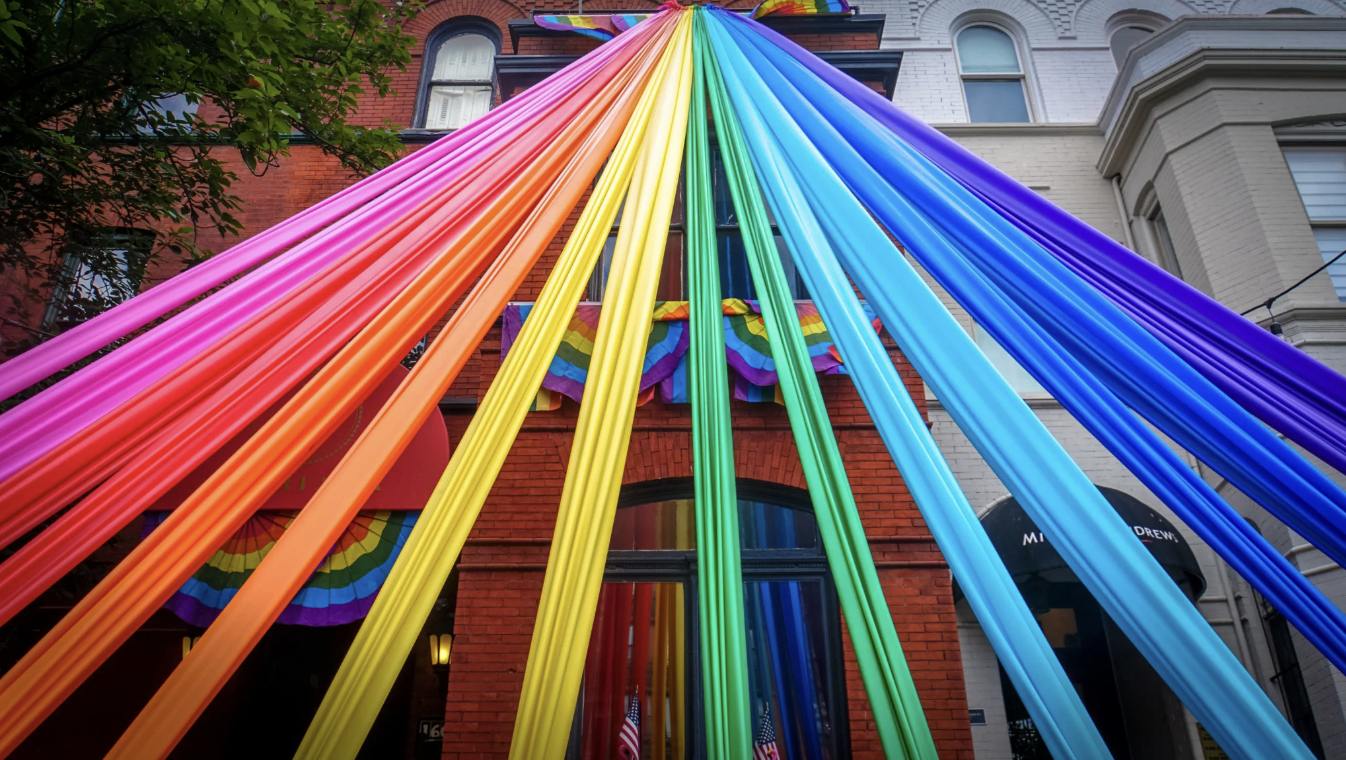
More Resources
Find ACLU congressional testimony, explainer videos, op-eds, blog posts, frequently asked questions, and more on our resources page.

